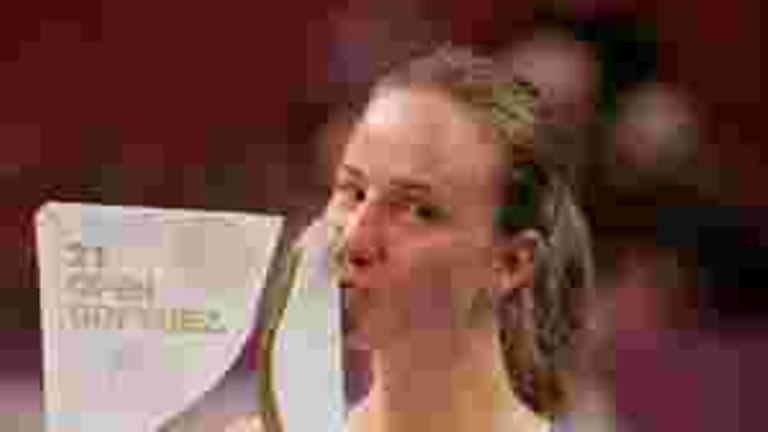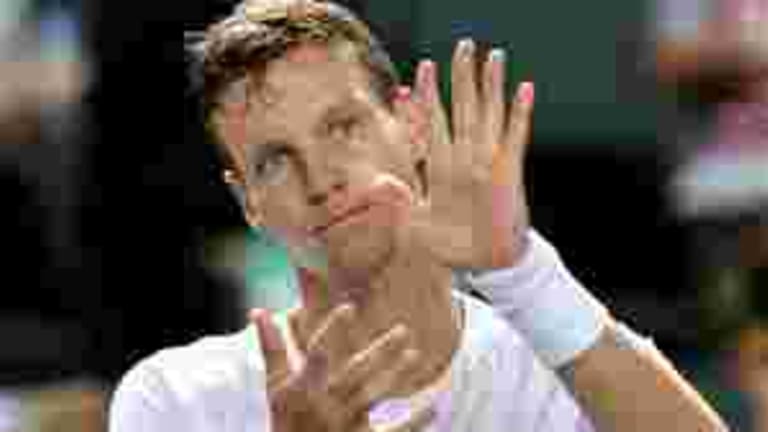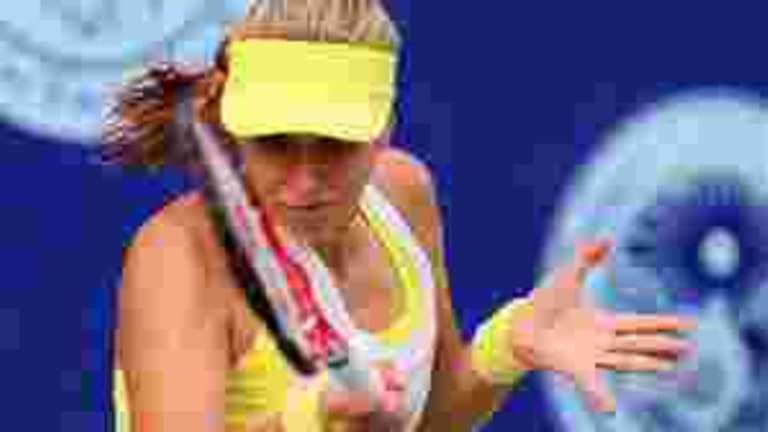The quotes I chose to use in this edition of They Said What? have something in common: Each of them is a very familiar refrain, almost to the point of being what we ordinarily think of as a “throwaway” quote. But upon closer examination, each of them also strikes a chord and points to a central truth so obvious that in our obsession with the new or different that we easily overlook or forget it. So let’s start:
They Said What? Feb. 6
By Feb 06, 2013Madrid, Spain
Joao Fonseca wins Masters 1000 debut in Madrid over fellow teen Alex Michelsen
By Apr 25, 2024Style Points
Adrian Mannarino has a clothing sponsor! Lefty to debut with Celio at Mutua Madrid Open
By Apr 25, 2024Roland Garros
FFT to reveal second retractable roof court at Roland Garros ahead of Paris Olympics
By Apr 25, 2024Madrid, Spain
Rafael Nadal wins in Madrid homecoming, defeats 16-year-old American Darwin Blanch
By Apr 25, 2024Madrid, Spain
Dominant Coco Gauff double bagels Arantxa Rus in Madrid opener
By Apr 25, 2024Madrid, Spain
Maria Sakkari shakes off BJK Cup fatigue, brings clear mind to Madrid clay
By Apr 25, 2024Madrid, Spain
Naomi Osaka loses in Madrid, bows out to Liudmila Samsonova on clay
By Apr 25, 2024Your Game
Geared Up: Rafael Nadal plays out his illustrious career with Babolat and Nike
By Apr 25, 2024Madrid, Spain
China's Wang Xinyu saves 10 match points in first-round Madrid win over Viktoriya Tomova
By Apr 24, 2024They Said What? Feb. 6
Barthel on growing up; Berdych on Davis Cup; Lisicki on a loss.
Published Feb 06, 2013
Advertising

They Said What? Feb. 6
Advertising

They Said What? Feb. 6
Advertising

They Said What? Feb. 6